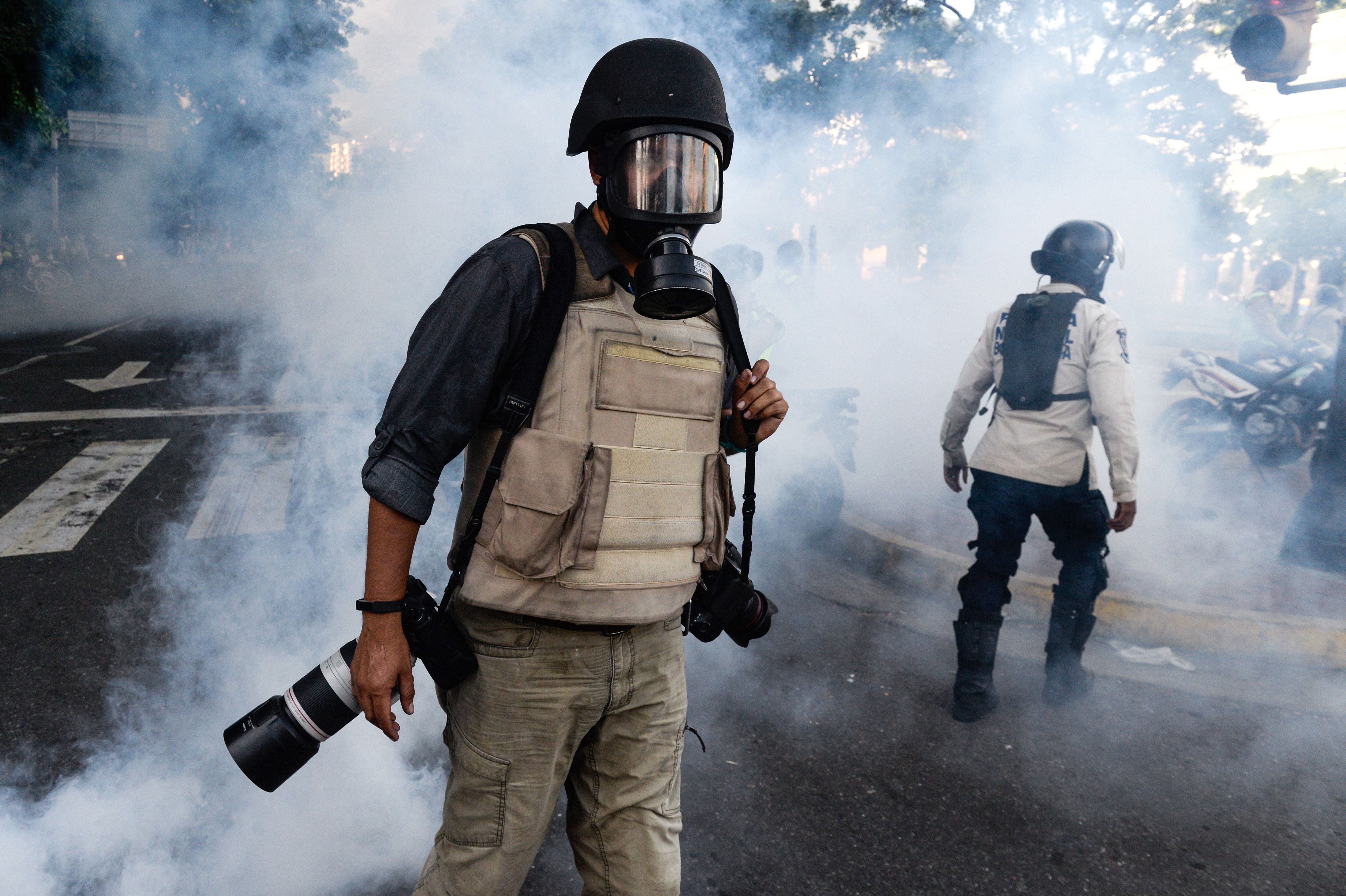‘I marvel at the stories I used to be able to write’: How frontline journalism became critically endangered
From Egypt to Iran, from the rise of strongmen to state-backed repression, it has become punishingly hard to report on the world as we find it, writes Borzou Daragahi after over two decades in the field


For more than 20 years, I have worked as an international journalist. The challenge and satisfaction of on-the-ground reporting, whether in Moldova's breakaway Transnistria region or in northwest Syria, is what drew me to this profession
But I've watched with growing dismay as international journalism has become increasingly dangerous. At a moment of overlapping global crises, when credible, ground-level coverage of world events is more vital than ever, international news is facing its own crisis.
In recent years, the dangers for journalists worldwide have spiked not only in conflict zones like Ukraine and Syria but also in stable nations that appear to be criminalising or stigmatising journalism to the point where it is nearly impossible to work. Many countries where it was feasible or even relatively easy for international journalists to work have steadily become careful-journalism zones, no-journalism zones, or outright no-go zones.
Iran is one such example. Working there was always challenging. But for a time at least, international media could obtain visas and contribute nuanced and critical reports that audiences and researchers considered valuable. Some years ago, the BBC, The New York Times, The Independent and others maintained bureaus or retained correspondents in Tehran.
All are now gone. And although the foreign press department at the Ministry of Culture and Islamic Guidance may issue visas to the occasional German or Swedish television teams, kept under close watch during brief visits to shiny parts of the capital, it has now become almost too risky for most outlets to ask even local reporters to gather news covertly and anonymously.
Egypt was a relatively free-wheeling place for journalists for decades. It hosted major news organisations' regional bureaus and attracted a continuous stream of visiting correspondents who would enter on tourist visas and obtain temporary credentials at the bulky Maspero building along the Nile River.
But the country has now gotten so politically repressive that even journalists who manage to get past the airport with their video and sound equipment and obtain credentials find that most sources are too terrified to meet with them, even for off-the-record conversations.
The North Koreanization of news-gathering spaces has spread to Russia, which has effectively banned any independent journalism following its invasion of Ukraine and, in a message to the few international media representatives who remained in the country, jailed Wall Street Journal correspondent Evan Gershkovich on ludicrous espionage charges.
In China, longstanding official pressure and harassment of international journalists has escalated so much that several news organisations were compelled to relocate parts of their operations to Taiwan, which was previously unthinkable.
Many governments are erecting bureaucratic barriers to news gathering, such as constantly changing restrictions and cumbersome procedures for any form of access. Journalists attempting to cover important stories such as elections may spend hours or days preparing documents and filling out paperwork for visas, accreditations, and permissions, often for each and every story or any trip outside of the capital.
Even reporters not in physical danger are becoming targets by state-backed harassment campaigns and official surveillance, including of their personal lives. Nearly monthly I receive messages from Google, Facebook or other communications platforms warning me that they suspect that my account is being targeted by a state-backed hacker.
I marvel at the stories I used to be able to write in places like Turkey, Iran, Tunisia, and Afghanistan 20 years ago, or even five years ago.
I've tried to persuade officials every time I’ve met them to relax. A hard-hitting piece by an international or local news outlet exposing alleged corruption or abuse is not a threat, but an opportunity, I have said to authorities in private encounters and occasional public forums. Take criticism or charges of wrongdoing seriously rather than imprisoning or abusing the journalists who reported them. That demonstrates confidence and a commitment to improvement.
Unfortunately, I do not feel my lobbying efforts have been successful; the dangers and difficulties have only worsened over the years.
Journalism is not a crime. It is a crucial pillar of civil society, community, and good government. But, even in Western democracies, journalists are increasingly being described by politicians and state-linked groups as participating in nefarious behaviour. We have so internalised this perspective that I have to remind myself from time to time that asking uncomfortable questions or keeping the powerful accountable does not make me a deviant.
When I began working abroad, news organisations such as The Scotsman, Baltimore Sun, Chicago Tribune, Atlanta Journal-Constitution, New York Newdsday and Boston Globe maintained international bureaus, sent reporters on foreign assignments, or hired freelancers to cover events abroad.
German, French, Spanish, and Italian colleagues all say that it is far worse in their industries. News outlets of the powerful and emerging nations of the global south such as Nigeria, Brazil or South Africa rarely if ever even cover conflicts in their own continents, much less the world, journalist and author Anjan Sundaram reported in an enlightening piece.
Currently, various critical worldwide crises, scream out for aggressive on-the-ground reporting where is it no longer possible. The loss of international news coverage will be devastating for all.
Join our commenting forum
Join thought-provoking conversations, follow other Independent readers and see their replies
Comments





Bookmark popover
Removed from bookmarks